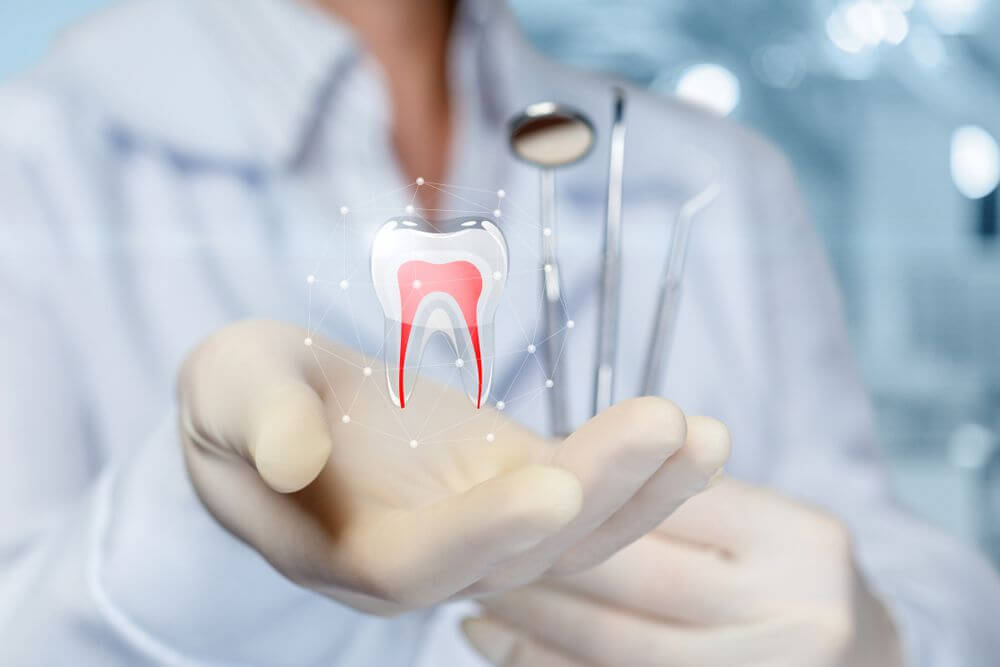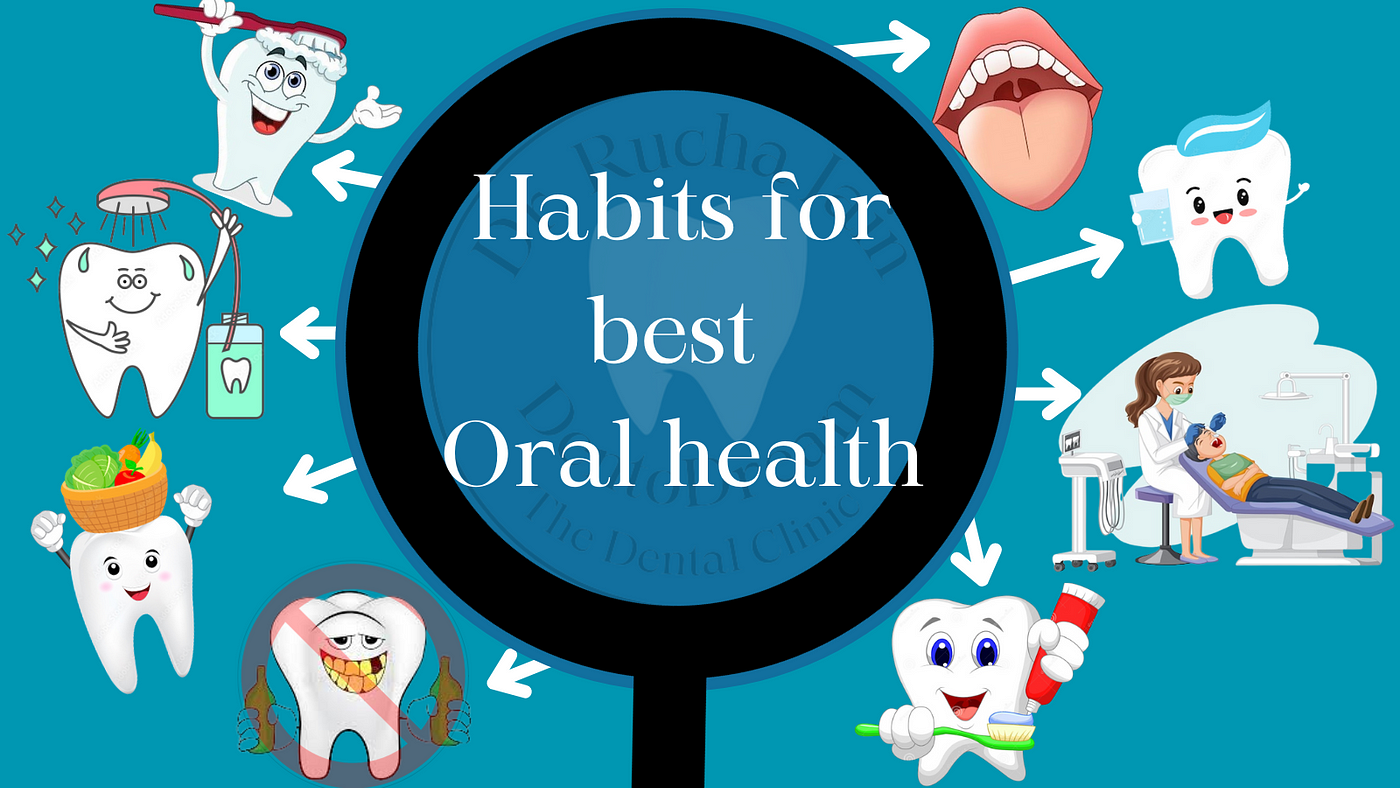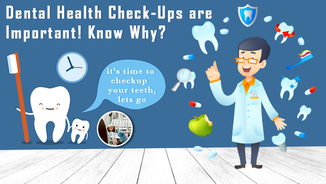
Optimal Dental Hygiene: Practices for a Healthy Smile
Maintaining excellent dental hygiene is essential for a healthy smile and overall well-being. Adopting effective dental hygiene practices not only prevents oral health issues but also contributes to your confidence and overall health. Let’s explore key practices for optimal dental hygiene.
**1. Daily Brushing: Foundation of Dental Hygiene
The cornerstone of dental hygiene is daily brushing. Use a fluoride toothpaste and a soft-bristled toothbrush to clean your teeth thoroughly. Brush at least twice a day, in the morning and before bedtime, to remove plaque, bacteria, and food particles. Pay attention to each tooth’s surface and include your tongue for comprehensive oral care.
**2. Flossing: Reaching Where Your Brush Can’t
While brushing is crucial, it can’t reach between your teeth and along the gumline as effectively as flossing can. Incorporate daily flossing into your routine to remove plaque and debris from these hard-to-reach areas. Proper flossing helps prevent cavities and gum disease, contributing to overall dental health.
**3. Regular Dental Check-ups: Professional Monitoring
Regular dental check-ups are vital for maintaining optimal dental hygiene. Schedule biannual visits to your dentist for professional cleanings and examinations. Dentists can detect potential issues early, provide preventive care, and offer personalized advice on improving your dental hygiene practices at home.
**4. Healthy Diet Choices: Supporting Oral Health
Your diet significantly influences your dental health. Consume a balanced diet rich in vitamins and minerals, particularly calcium for strong teeth and bones. Limit sugary snacks and acidic beverages, as they contribute to tooth decay. Making nutritious choices supports overall oral health and complements your dental hygiene routine.
**5. Proper Brushing Technique: Thorough and Gentle
While daily brushing is crucial, the technique matters. Use gentle, circular motions to clean each tooth’s surface and massage your gums. Avoid aggressive brushing, as it can erode enamel and damage gums. A proper brushing technique ensures thorough cleaning without causing harm to your teeth and gums.
**6. Mouthwash as a Supplement: Enhancing Oral Care
Mouthwash can be a valuable addition to your dental hygiene routine. Choose an antiseptic or fluoride mouthwash to supplement your brushing and flossing efforts. Mouthwash helps kill bacteria, freshens your breath, and provides an extra layer of protection against cavities and gum issues.
**7. Avoiding Tobacco: Impact on Oral Health
Tobacco use has severe consequences for oral health. Avoid smoking and chewing tobacco, as they contribute to stained teeth, gum disease, and even oral cancer. Quitting tobacco is a significant step in promoting optimal dental hygiene and overall well-being.
**8. Protective Measures: Mouthguards and Sealants
If you engage in contact sports or have a tendency to grind your teeth, consider protective measures. Mouthguards protect your teeth from injury during physical activities, while dental sealants can be applied to molars to prevent cavities. These measures enhance your dental hygiene practices and safeguard your oral health.
**9. Hydration for Oral Health: Water as the Best Choice
Staying hydrated is not only crucial for your overall health but also beneficial for your oral health. Water helps rinse away food particles, bacteria, and acids that can contribute to tooth decay. Choose water over sugary or acidic beverages to support optimal dental hygiene.
**10. Education and Awareness: Empowering Your Dental Journey
Educate yourself about proper dental hygiene practices and stay informed about the latest recommendations. Awareness empowers you to make informed choices, take proactive measures, and maintain consistent dental hygiene habits for a lifetime of oral health.
For additional insights and resources on optimal dental hygiene practices, consider exploring the information available at Dental Hygiene Practices. This platform provides valuable guidance for individuals seeking to enhance their dental hygiene routines and promote a healthy, confident smile. Commit to these practices, and enjoy the benefits of optimal dental hygiene and a radiant smile.




